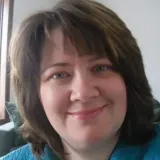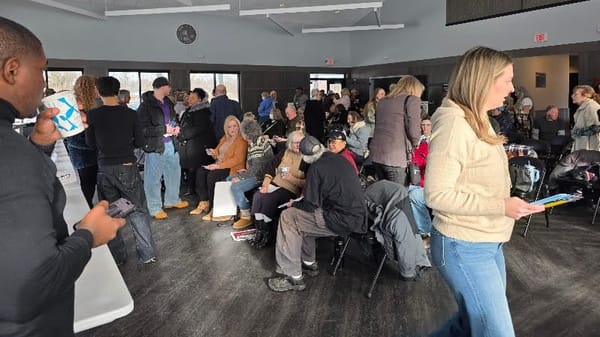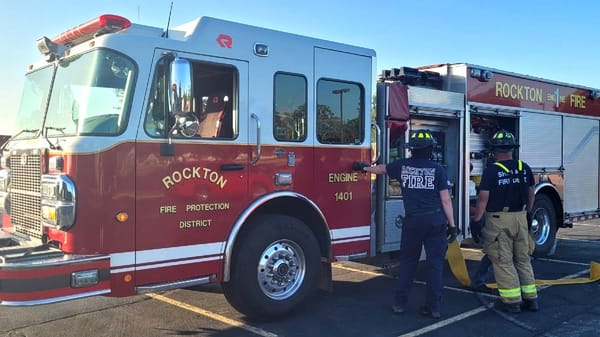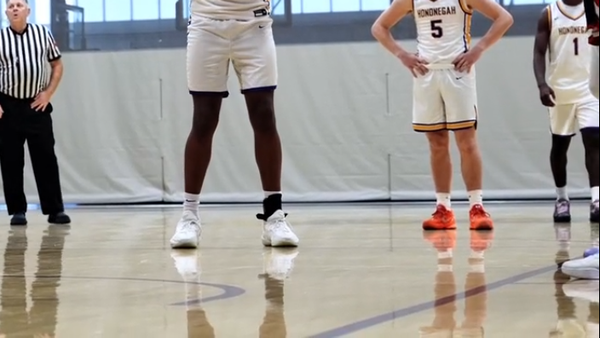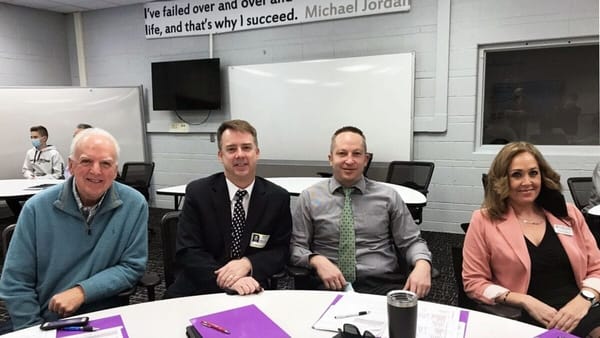Roscoe History: Medicine in the 1800s
The Roscoe Township Historical Society will be presenting “History of Medicine in the 1800s and Early Roscoe Physicians”, at 11 a.m. on October 5, 2025.
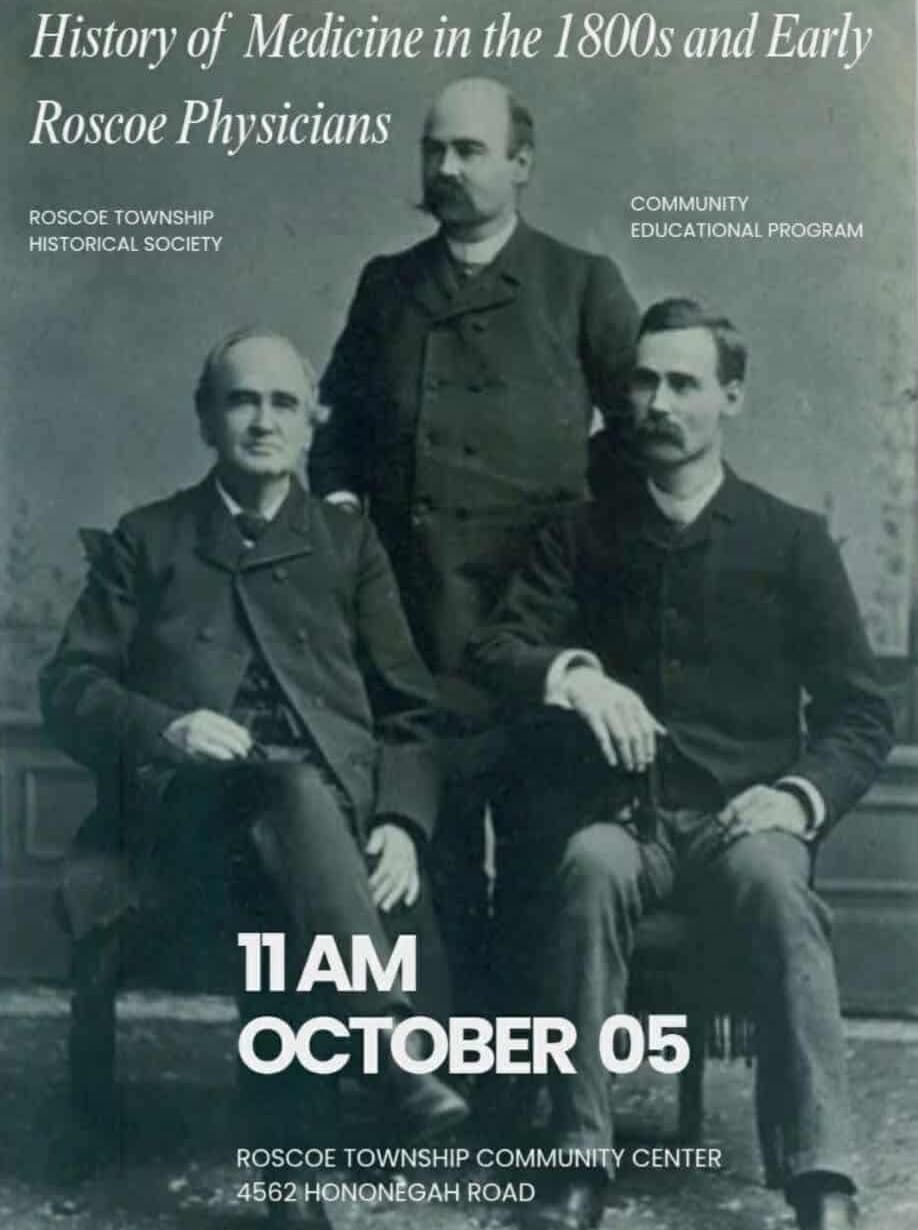
It wouldn’t be until 1838 when Roscoe's first doctor arrived in town. Dr. Solomon Jenks was living in Ohio when his brothers, who were already living in Roscoe, contacted him and urged him to come to Roscoe to tend to the needs of the citizens. By the time Dr. Jenks and his family arrived, his brothers had already built a home for them on the land that is most famous for being the site where the Ransom Manor once stood. Dr. Jenks became not only Roscoe’s first doctor but one of the first doctors in Winnebago County.
Today's medical profession consists of health professionals who are highly specialized and dedicate years of their lives in school. The field of medicine, however, has not always been as educated.
In the early 19th century, it was more likely than not that a doctor would have had no formal medical education. Instead, they would have trained through apprenticeships never attending medical school, especially if they were in rural areas. Those living in larger cities who treated the wealthy would have attended medical school but completed their education by reading books.
Most doctors during this time practiced a theory called the humorous theory. This theory, which had been in practice for thousands of years, taught that the body was divided into four parts. These parts were black bile, bile, blood, and phlegm. It was believed that in order to enjoy good health, these four parts had to be balanced. To keep the balance, the fluid in the offending humor had to be drained. This was done by cupping, vomiting, or bleeding. Bloodletting was the most common form of treatment, no matter the illness. It was not uncommon for a doctor to drain a patient of 16 ounces of blood per day for 14 days. In contrast, today a person giving blood can only give 16 ounces of blood per session with a mandatory waiting time of two months.
Medicine during this time was unregulated and ineffective. It was also very dangerous as most medicines contained mercury. The importance of hygiene was unknown, making it safer to perform surgeries at home rather than in a hospital setting.
In 1835, when Roscoe was founded, this was the medical world that the early settlers lived in.
To learn more, The Roscoe Township Historical Society will be presenting “History of Medicine in the 1800s and Early Roscoe Physicians”, at 11 a.m. on Sunday, October 5, 2025 at the Roscoe Community Center.

